Wherever you look there are books. Marvellous books on groaning shelves. And the pity of this end of year literary orgy is that you can’t buy everything.
What an extraordinary year of fact and fiction there has been. Until three months ago, it seemed that it would be a year of stellar fiction. I still tremble when I think of Sebastian Barry’s Days Without End. I have the same tremors when I think of Colson Whitehead’s The Underground Railroad. And as for George Saunder’s Lincoln in the Bardo, there are few words to adequately describe a towering work of imagination.
And then came a blast of non-fiction kryptonite that knocked everyone into the depths of outer space. Yes, I’m talking about the books that are, one way or another, helping shape a restive nation. First came Redi Tlhabi’s Khwezi, then came a warning from Ferial Haffajee that Crispian Olver’s How to Steal a City (Nelson Mandela Bay) would be the best book about the ANC this year.
Then came Jacques Pauw, a grumpy ex journalist who can spot a rat a mile away and proved it with his explosive book The President’s Keepers, which saw over 1 000 people at his Joburg book launch. That fine journalist Adriaan Basson, with Pieter du Toit, published another chilling dissection of the state of our country, Enemy of the People with the tagline ‘He swore to serve the people, but Jacob Zuma robbed us blind.’
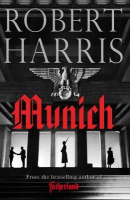
Why you’ll enjoy it:
A rollicking read where it is virtually impossible to distinguish between those who were real and those who aren’t, it is an absorbing take on September 1938 when Britain’s Prime Minister, Neville Chamberlain, flew to Munich to meet Hitler, in a futile attempt to stop war between the two countries. What happened in that week when the future of Europe hung in the balance is now history but thanks to Robert Harris, it is history writ large and clear. As The Times says of Harris, He is ‘master of the intelligent thriller.’
Munich by Robert Harris (Hutchinson)
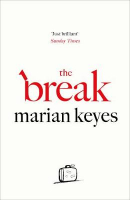
Why you’ll enjoy it:
Marian Keyes once told me a story she swore was true. That every time she bought a lusted after pair of shoes she would take them to bed, put them on the pillow next to her and when she opened her eyes in the morning she would be able to visually feast on them. That same improbable wit dances throughout this book. Her husband sort-of leaves her for six months. She falls apart. Her mad family does the same. Because as everyone knows, if you are left for six months by your partner, there’s no knowing what he will get up to – but there’s also no knowing what you, stay at home wifey, are going to get up to. Alice O’Keefe says: ‘One of the most reliably brilliant novelists writing with humour and insight about women’s lives.’
The Break by Marian Keyes (Penguin/Michael Joseph)
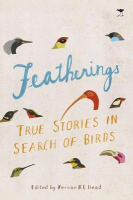
Why you’ll enjoy it:
Featherings is a book about the wild, not simply the birds which inhabit it. But this time round, Vernon is the editor of a book of contributions from similarly minded bird nut-cases. There’s one who goes to the Congo to spot the legendary Congolese peacock and nearly destroys his marriage in the process. There are grown men weeping because they’ve set eyes on a Buff-Spotted Flufftail. Peter Sullivan writes about the bird wonderland that is Memel. But running through all the stories is wilderness, the spaces between our overpopulated world, the smells, the dust, the sounds of life. It’s on my Christmas gift list. All monies raised go to Birdlife SA, by the way.
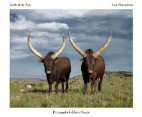
Why you’ll enjoy it:
Like The Abundant Herds, Cattle of Ages is instant Africana. Cyril writes with controlled passion and humour of how he first saw Ankole cattle (in Uganda) and was enchanted by them. He was invited to President Yoweri Museveni’s ranch where he has herds of them. The story of how Ramaphosa brought the Ankole to his own farm in South Africa is absorbing, as obstacle after obstacle is overcome. And then there are Daniel Naudé’s photographs, which somehow leave you with a lump in your throat. The book is a work of art, Africana, whatever you want to call it, but this is a coffee table book just begging to be opened, shared and cherished. Your Christmas I-don’t-care-what-it-costs splurge.
Cattle of Ages by Cyril Ramaphosa with photographs by Daniel Naudé (Jacana)
JENNY CRWYS-WILLIAMS

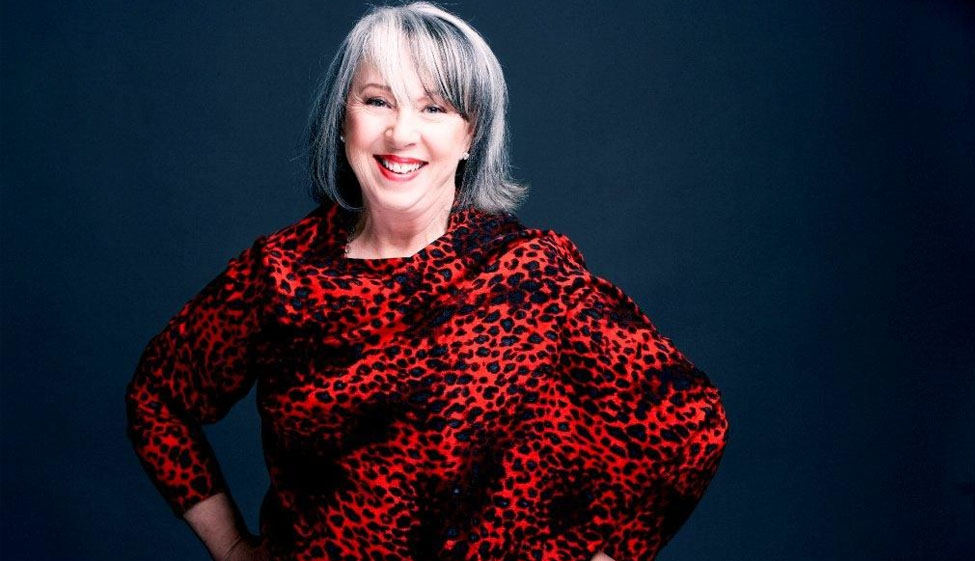


No comments yet.